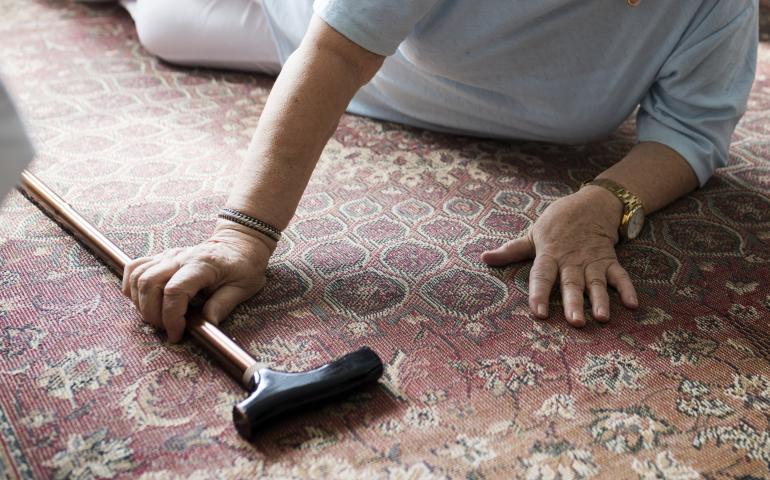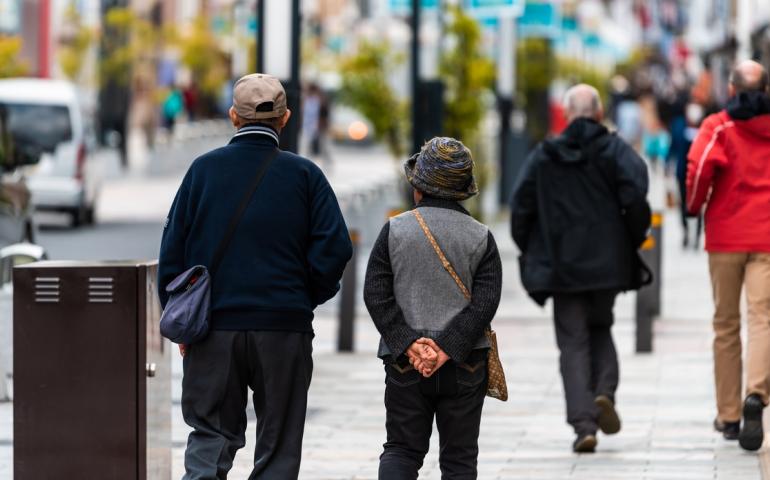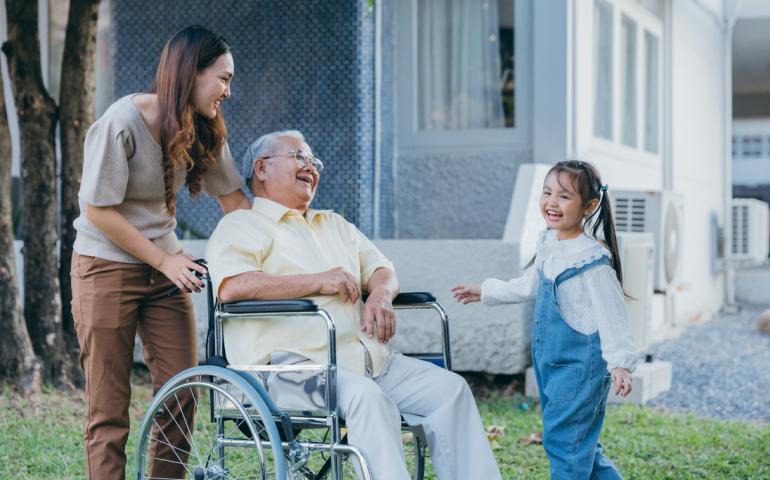To what extent does the World Health Organisation inspire age-friendly policymaking?
Recent work by Institute members have analysed the World Health Organisation's (WHO) impact on age-friendly policymaking across different levels of Australian governments.
Over the past two decades the WHO have developed frameworks and guidelines to support active ageing and age-friendly policy development. The WHO first published its policy framework on active ageing in 2002 – which intended to target government decision-makers at all levels to inform discussion and the formation of action plans that promote healthy and active ageing. In 2007, the WHO also published its seminal guide to age-friendly cities – its purpose to engage cities to become more age-friendly so as to tap the potential that older people represent for humanity.
Researchers at the UNSW Ageing Futures Institute have recently undertaken a policy search and analysis to examine the impact of these WHO frameworks and guidelines across different levels of Australian governments. This work has developed from a 2019 UNSW Ageing Futures Institute (AFI) Seed Grant project and is led by Dr Edgar Liu, a Senior Research Fellow at the UNSW City Futures Research Centre and an Investigator of the UNSW AFI.
“Our findings reveal the challenges of a three-tiered federated system, where varying financial and authoritative capacities have influenced how different governments acknowledge and respond to population ageing. For example, local governments who are the main level of implementation targeted by the WHO are invariably constrained in developing their own age-friendly policies and may opt to adopt those of state and federal governments instead,” says Dr Liu.
“Our analysis also highlights the Australian governments' ideas of ageing, with its focus on care and support services, which continues the outdated portrayal of debilitation and deficiency in later life. These findings resonate with some existing critiques of the WHO's 2007 guide where local contexts in socioeconomic and cultural diversity are often less readily reflected in ageing-related policymaking.”
“This work reinforces that policy making for ageing, such as the case of age-friendly cities, should be developed with a holistic view of specific societal needs. Policy makers must focus on Australia’s cultural diversity and recognise how diverse circumstances impact the ageing process and corresponding support needs.”
Read the full article here






